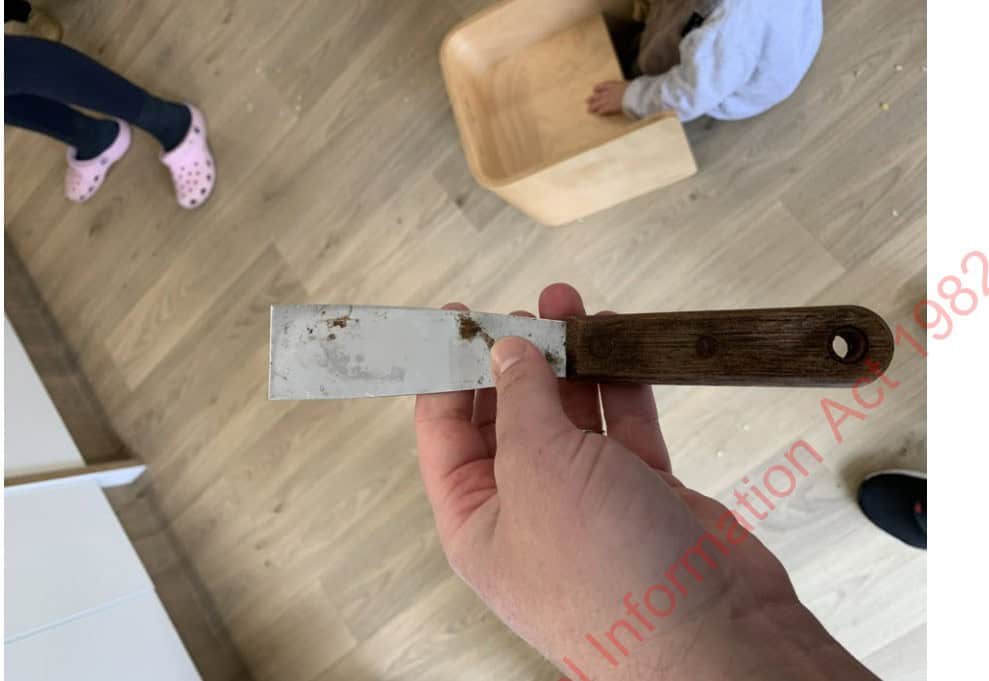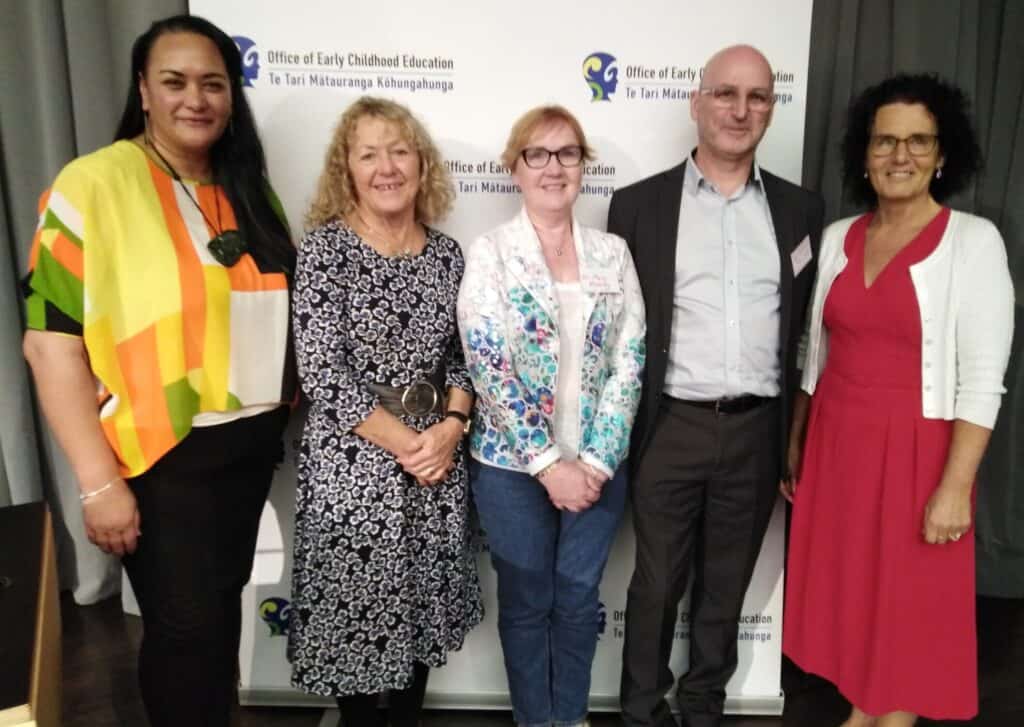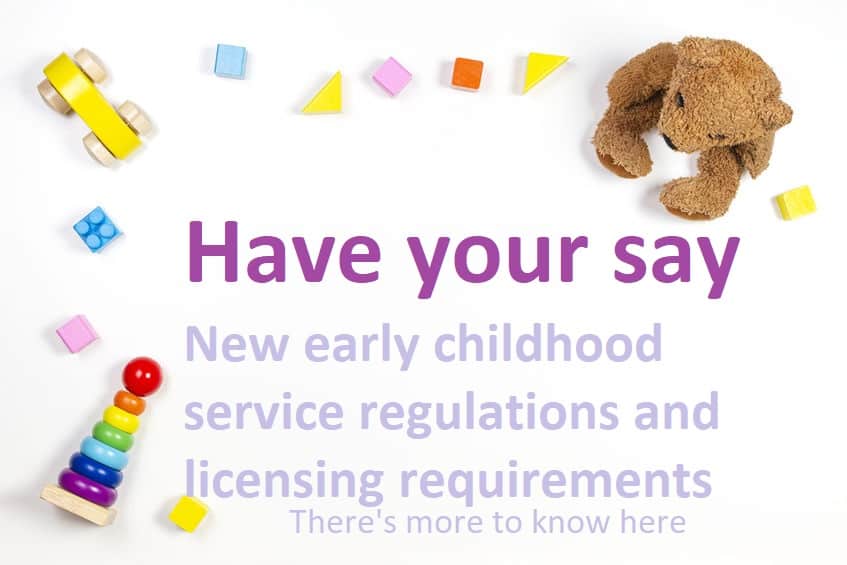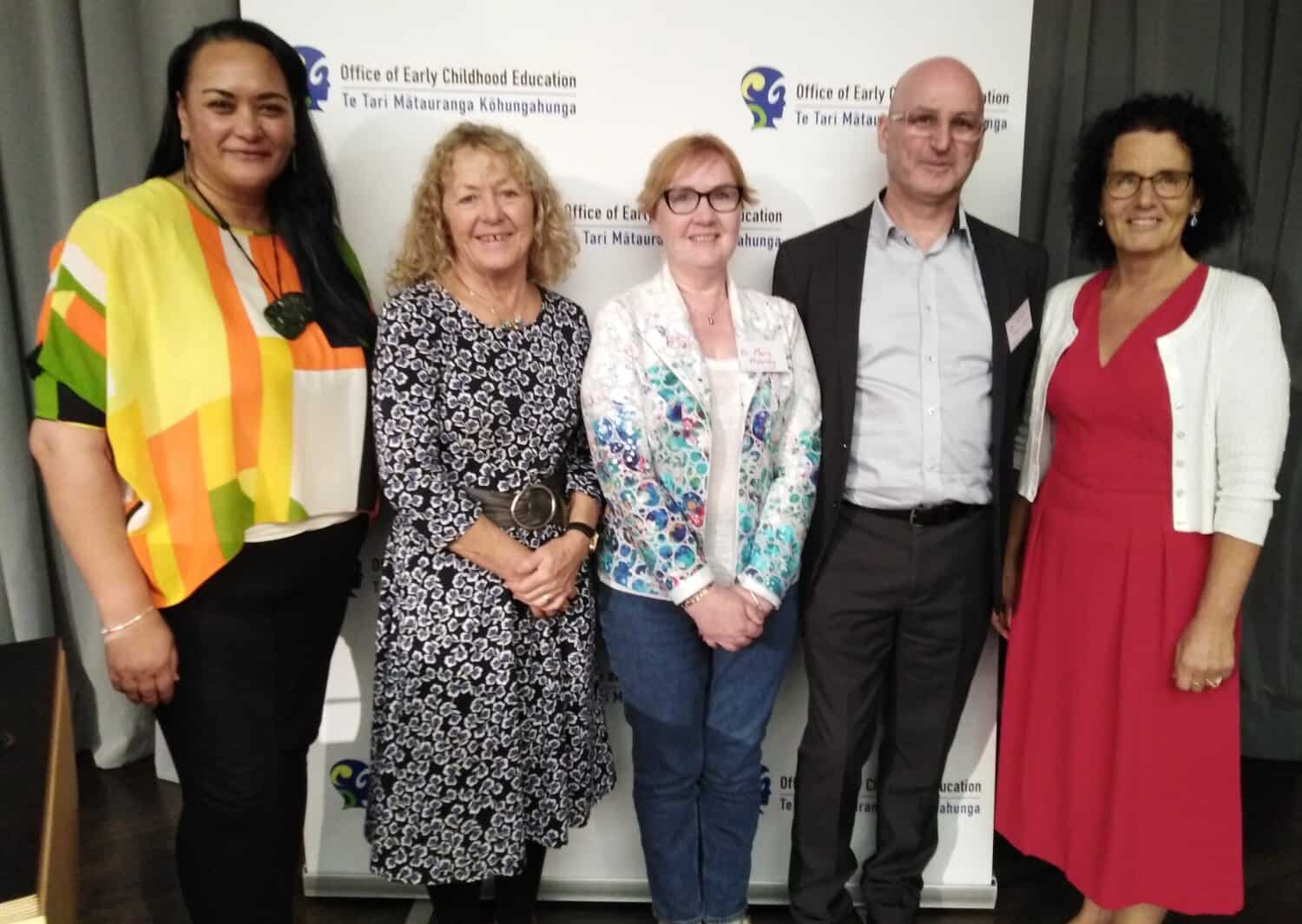Regulation review recommendations contravene children’s rights, says international ECE regulation expert
NEWS/OPINION – 30 September 2025.
An international expert in ECE governance says the recommendations put forward by the Ministry of Regulation for scaling back licensing criteria in ECE overlook the rights of children and could put tamariki at undue risk.
Dr Mary Moloney is an associate professor in reflective pedagogy and early childhood studies at Mary Immaculate College in Limerick, Ireland.
In June 2024, while speaking at the Office of Early Childhood Education’s Summit, she had a dire warning for the Government ahead of the regulation review.
At the time, Moloney implored associate education minister David Seymour to ensure the review would not be about “cheap childcare”.
A year later, in an interview with the OECE, she said the regulatory review had prioritised financial interests over children’s best interests.
“The review overlooks the rights of children themselves, throughout the entire document. Rather, the focus is firmly placed on issues of accessibility and affordability for parents, as well as reducing the regulatory burden for providers.”
She said although streamlining licensing requirements made sense because burdensome paperwork took away from the important mahi teachers did supporting young children’s development, the regulatory review placed too much emphasis on “market challenges”.
Moloney is the second researcher in recent months to tell the OECE she believes children’s rights are at risk amid the regulatory review.
In August Dr Sarah Te One, independent researcher and member of the Children’s Rights Alliance Aotearoa New Zealand (CRAANZ) Steering Committee, said the New Zealand public had been “sold a dud that somehow regulations inhibit the offering of good services [when] in fact we know that that is not the case”.
Moloney pointed to the move to make qualification requirements more “flexible” for ECE services as an example of how the regulatory requirements could impact children’s rights.
“Rowing back on qualification requirements dilutes quality, undermining the critical importance of early childhood… Employing an unqualified teacher over a qualified teacher is a cost saving measure, aimed at redressing labour shortages and improving accessibility to ECE services. It is a cheap fix solution that undermines a child’s right to quality ECE, and crucially, it is not in the best interests of the child.”
She also found the proposals to remove requirements for the minimum indoor temperature to be maintained at 18C, and increasing the amount of time required between checks on sleeping infants from 10 minutes to 15 minutes, “astonishing”.
“Both proposals place children at inordinate risk… Any diminution of either requirement creates an unacceptable risk for children. It is not in the best interests of the child.”
Moloney added: “Quality, children’s well-being and safety will be weakened under current proposals. How can parents trust a system that does not protect their child/ren. How can early child teachers be expected to work in a sector premised on competition and cost cutting?”











